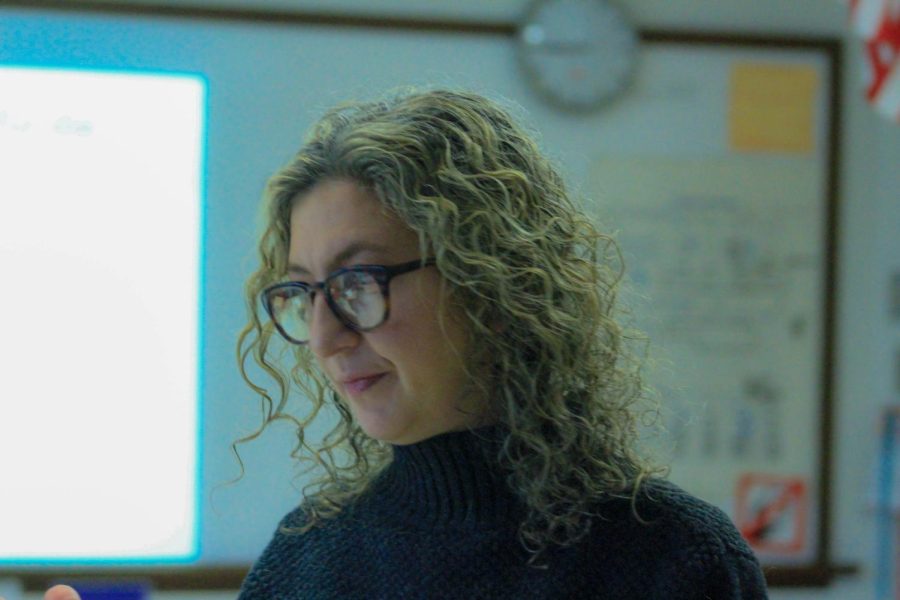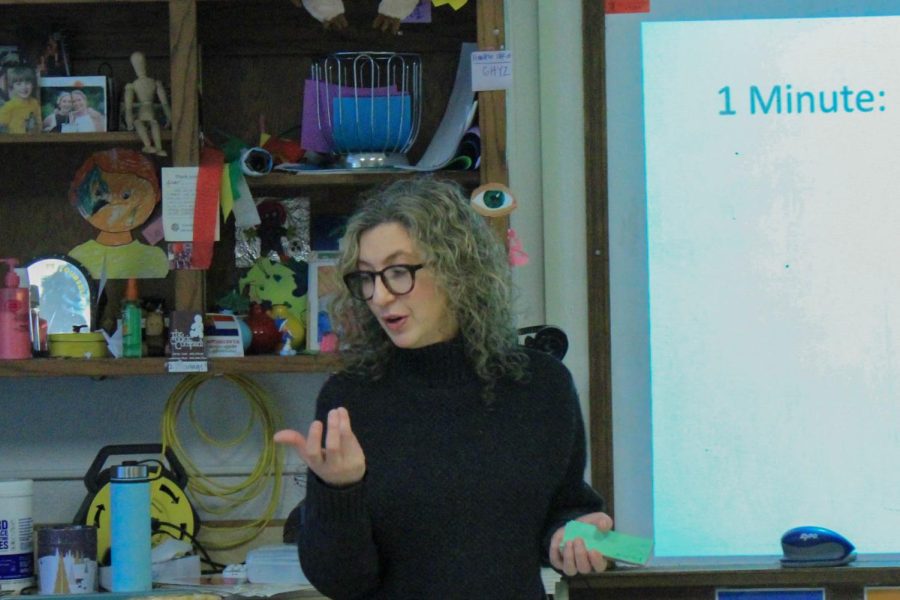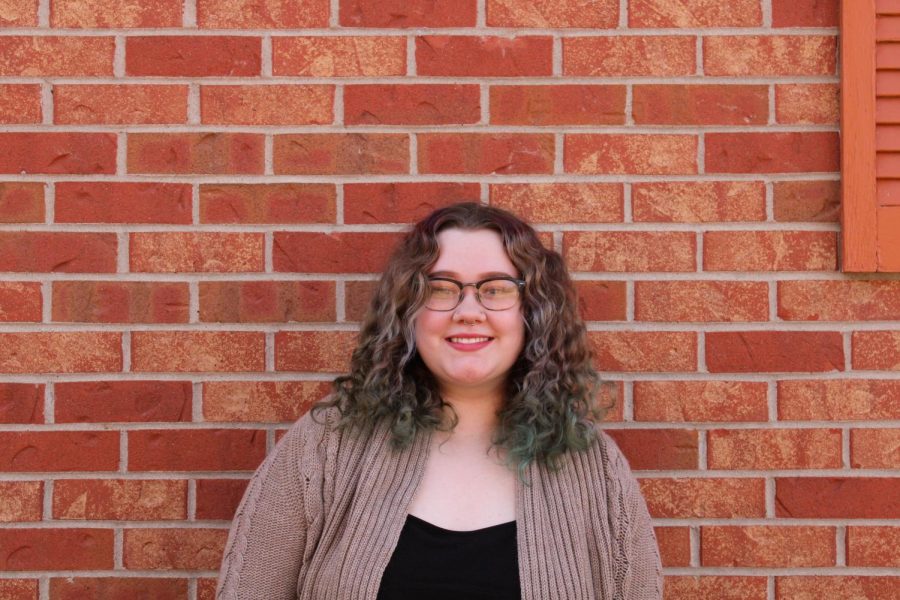Marissa Wanamaker is the Lincoln High School German teacher educating both on level students and those in the IB program. Before her time at Lincoln High though, she lived in Germany for an extended period of time. I wanted to understand what it was truly like living abroad with a language barrier and how it has impacted her, so I set up an interview and asked away.
She originally traveled to Germany after marrying her husband Hans. They were looking to get out of Lincoln, so they traveled as part of a four month study abroad program at UNL. Wanamaker went because Hans had suggested it, but that first time she “literally knew nothing”. Regardless of this, Wanamaker says “I loved the culture, I loved the city and the people were super friendly.” Once she arrived back in the states, she immediately started to double up on German courses and studied abroad again in Berlin.
When she was first trying to get around Germany on her first trip, she talked about how embarrassing and frustrating it was. “I think that’s where I get my animation from. You have to use a lot of body language and facial expressions.” She first began picking up the language on the playground. “I would sit on the benches in playgrounds and listen to the children talk to each other and that’s how I first began to learn the language.” Some things still did come as a culture shock however like learning that when she gets fresh produce, she has to use a scanner to weigh it there rather than paying for it in line.
Wanamaker loved her time in Germany and finds that it has affected who she is as a person. “It definitely affected the carbon footprint I wanna leave. I was already interested in that but I hadn’t been surrounded by people who were passionate about it like Germany is,” said Wanamaker.
All good things must come to an end, though, and Wanamaker came back to Lincoln shortly after her second experience studying abroad due to family and her job. She still loves traveling to Berlin when she can. Her parting advice that she wished she knew was to learn some of the language first. She also said, “Don’t be afraid to make mistakes. No matter how much you want your German to be perfect, you have to get out of your comfort box to have conversations and that’s when you really learn.”
Wanamaker’s experience abroad shows that you don’t need to be perfect to be able to travel abroad. As long as you are willing to make a concerted effort to learn and there’s passion behind what you do, no foreign country is too hard to travel to.





